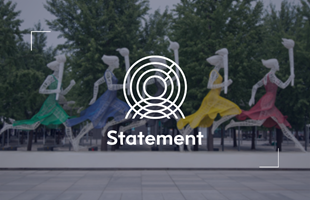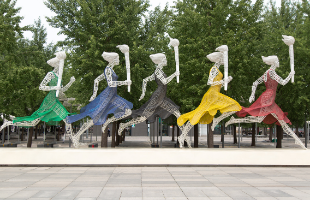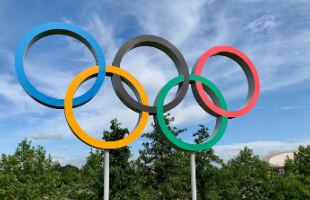The Centre Welcomes The International Olympic Committee Approval Of The Strategic Framework on Human Rights
13 Sep 2022
Author - Centre for Sport and Human Rights
The Centre for Sport and Human Rights welcomes the International Olympic Committee (IOC)’s Executive Board approval of their Strategic Framework on Human Rights made on Friday, 9 September, 2022. This framework was developed in response to Recommendation 13 of the Olympic Agenda 2020+5 and will shape the working practices of the IOC, the Olympic Games and the Olympic Movement, ensuring that human rights are respected within their respective remits.
The process leading to this approval began in 2020, when the former United Nations High Commissioner for Human Rights Prince Zeid Ra'ad Al-Hussein and Shift’s Rachel Davis published recommendations which the IOC then formalised in their commitment to human rights in Agenda 2020+5 in March 2021. The IOC then established a formal Human Rights unit within its Corporate and Sustainable Development department in April 2021 –a demonstration of taking action and making progressive steps forward. In May this year, the IOC published a progress update introducing the principles and approach to developing the now published framework.
Four crucial points have been addressed in the Strategic Framework, including:
- The affirmation of the commitment to respect human rights in line with the UN Guiding Principles on Business and Human Rights. The UNGPs are the key normative international standards, and their principles outline an organisation’s responsibilities to respect human rights.
- The commitment by the IOC to amend the Olympic Charter in order to better articulate their responsibility to respect human rights in the activities and actions of the Olympic Movement and to do so by 2023.
- Further commitments regarding human rights requirements for those bidding to host future Olympic Games - including the need for independent risk assessments of the prospective host country candidates in order to identify areas of risk for mitigation before the official host awarding process.
- Further commitment to developing robust due diligence processes across their activities, including through meaningful engagement with those impacted by their actions (affected groups) or their representatives.
Embedding human rights into the ethos of the broader Olympic Movement is a crucial step forward, given the significance and importance of the Olympic Games and the various sport development initiatives coordinated and supported by the Olympic Movement. The Centre for Sport and Human Rights looks forward to supporting the IOC and the Olympic Family in this vital journey.



